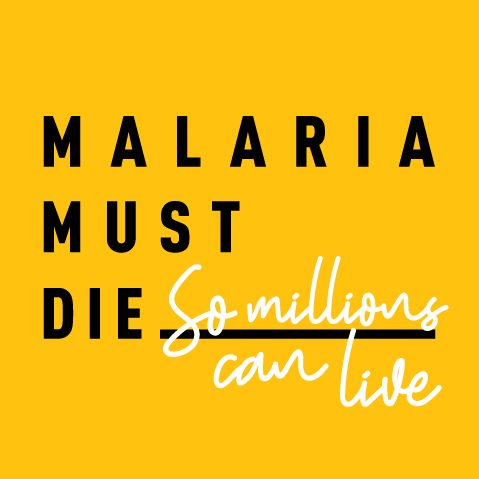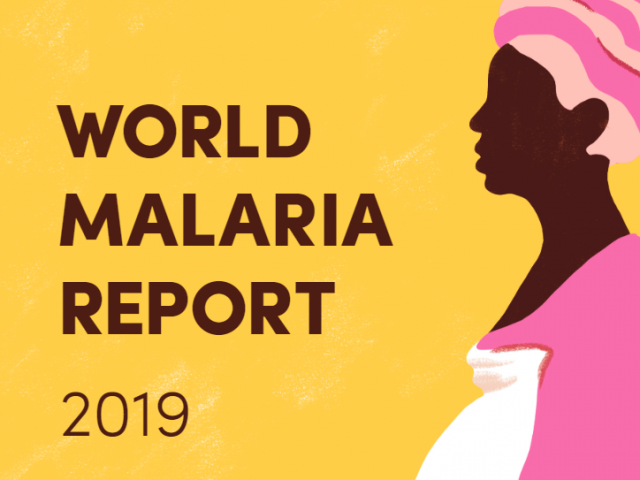We have a choice: we can let the incredible progress we’ve made in the last 20 years fade away, or we can continue to build on it until we end malaria for good.
Today the World Health Organisation releases the annual World Malaria Report for 2019, showing the progress and the challenges we face in the global fight against malaria.
For a third year running, progress is stalling against the world's oldest and deadliest disease, despite the progress we've made since 2000. Critical global health targets are at risk of being missed if we don't double down. The report highlights the fact that this disease still threatens half the world's population, and that pregnant women and children remain the hardest hit groups. Last year alone, 11 million pregnant women in sub-Saharan Africa were infected with malaria, and children under five made up two thirds of all malaria deaths.
However, there are also causes for optimism. The report also showed that more countries than ever nearing the goal of zero malaria. 27 countries reported less than 100 cases in 2018, up from 17 in 2010, and four more were certified as malaria-free by the WHO in the last two years. The Greater Mekong Sub-Region has also seen a 95 per cent cut in deaths and a 76 per cent decline in cases.
The recent Global Fund replenishment, which will see new donor and domestic co-funding resources implemented to fight malaria and strengthen health systems over the next three years, is another reason to feel positive about the future.
The World Malaria Report emphasises the need for accelerated action across all malaria endemic countries. To succeed we will need increased resources, data, innovation, and strong political leadership - with the right tools in the right places, we can be the generation to end malaria.

